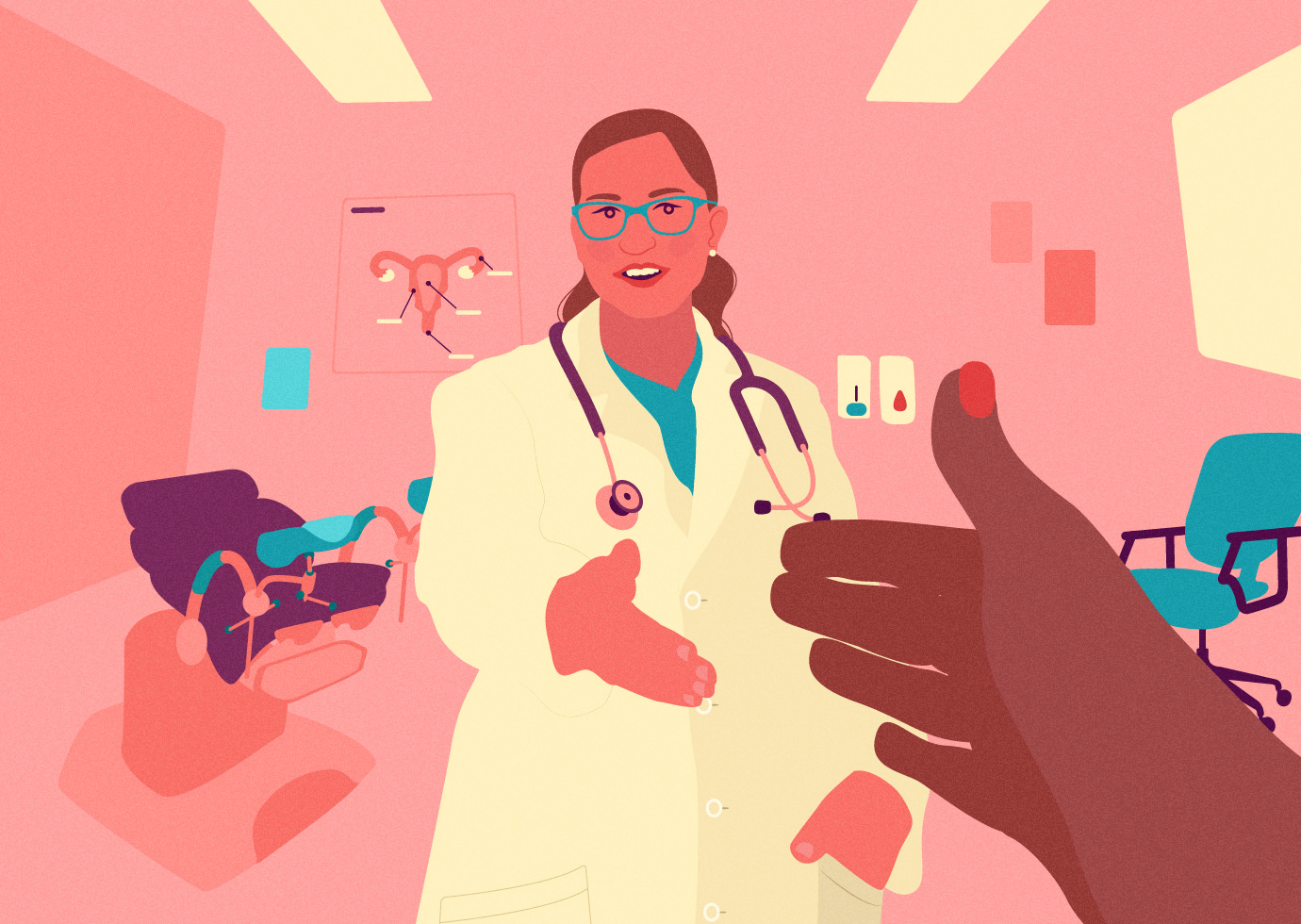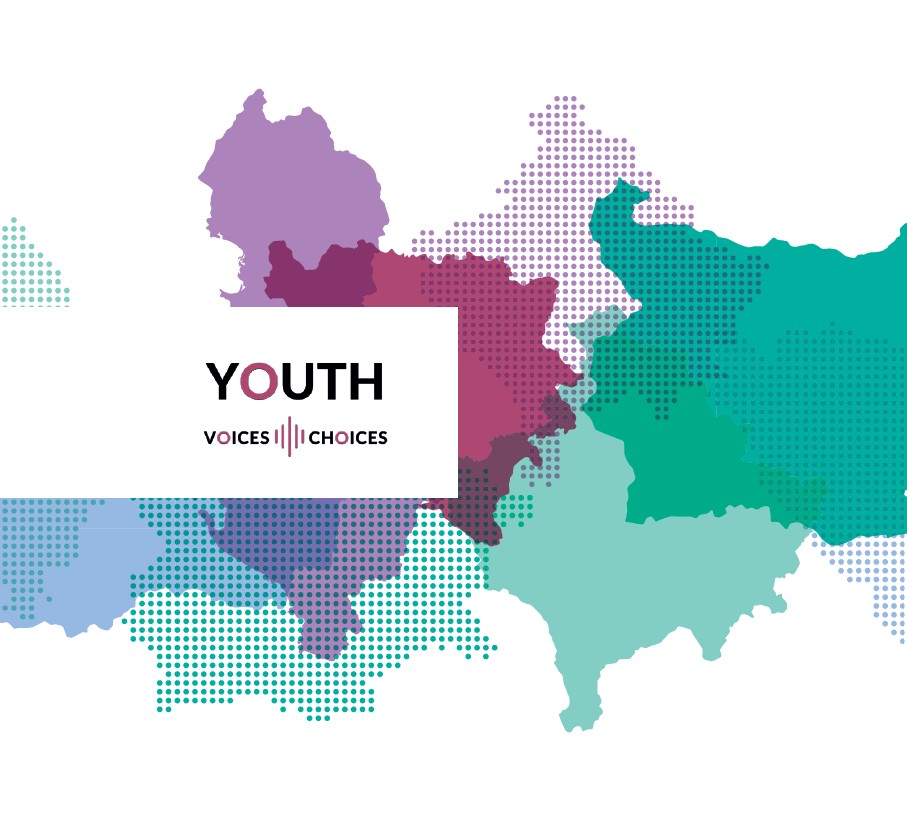Spotlight
A selection of resources from across the Federation

Abortion Care and Costs in Europe and Central Asia
IPPF EN carried out research into the economic burden that women face in accessing abortion care in Europe and Central Asia. This factsheet provides a snapshot of the findings.
Filter our resources by:


| 08 March 2023
New data on European donor support to sexual & reproductive health & rights worldwide
Now is when standing by our values matters most. We must treat all people with dignity and humanity, not despite, but because we are faced with multiple crises caused by war, inflation, and a hard post-pandemic recovery. In 2021, European countries struggled to keep their promises to uphold sexual and reproductive freedom for all. They managed to maintain their overall support to sexual and reproductive health & rights worldwide by investing 2.780 billion euros. This includes 1.385 billion euros allocated to sexual health and family planning, which means at least 10.5 million women and couples had access to contraceptive care. But much more is needed. More investment and better policies around sexual and reproductive health will have a profound impact on people’s futures. It will give options to those of us without them. Which in turn will lead more people to thrive, thus creating safer, more just and prosperous communities. We have a shared moral responsibility to respond to global challenges in an equitable manner. In our most recent report, we are looking at 2021 funding data and 2022 political stances adopted by thirteen European governments and the EU institutions with regards to sexual and reproductive health and rights. Watch our video to get an overview of the findings and download the below resources for more information.

| 22 November 2022
Gynaecological and Obstetric Violence - a form of gender-based violence
The widespread and systemic mistreatment and violence against women experienced during childbirth and other reproductive health services has gained international visibility in recent years, following pioneering work in several Latin American countries to recognise and criminalise this form of gender-based violence. International institutions have also spoken out on the issue. In 2014, gynaecological and obstetric violence was acknowledged by the World Health Organisation, and in 2019 the UN Special Rapporteur on Violence against Women described it as a “serious violation of women’s human rights occurring across all geographical and income-level settings”. In Europe, the parliaments of the Council of Europe and of the European Union have very recently adopted resolutions drawing attention to this phenomenon and calling for national and European measures to tackle it. But to date, no national government has put in place legislation specifically to criminalise gynaecological and obstetric violence. This means that currently, people living in EU Member States have few legal protections or means of redress. With this in mind, IPPF EN produced this research and policy paper to provide an outline of the systemic and widespread nature of gynaecological and obstetric violence across many countries in Europe, and make recommendations to European and national decision-makers to tackle this form of gender-based violence. On this page you can download our full research and policy paper, as well as a short summary of the report. Check out IPPF EN's Safe From Harm campaign, highlighting the EU action we support to combat gender-based violence. *** This work was funded by the European Union through the Citizens, Equality, Rights and Values Programme. Disclaimer: Views and opinions expressed are those of IPPF EN and do not necessarily reflect those of the European Union or the European Commission. Neither the European Union or the European Commission can be held responsible for them.

| 29 March 2022
Youth access to SRH information, education and care in the Balkans in COVID times
COVID-19 created the largest health and socio-economic crisis of our generation. Many health systems were pushed to the brink by restrictive measures rushed in to respond to the pandemic, resulting in the deprioritisation of some existing healthcare services. In almost all European countries, COVID-19 had a negative impact on the delivery of vital sexual and reproductive healthcare, including maternal health and family planning, for women and groups that face barriers to accessing care, including young people. The pandemic also uncovered weaknesses within our systems and exposed the fact that countries are not adequately prepared to deal with health emergencies. To help bring about positive change for young people, IPPF European Network is working to strengthen healthcare systems through the project Youth Voices, Youth Choices, and to remove all kinds of barriers preventing youth from accessing essential care in five Balkan countries: Albania; Bosnia & Herzegovina; Bulgaria, Kosovo and North Macedonia. We are focusing particularly on the needs of those living in remote areas, as well as those from communities that face challenging social conditions, such as the Roma. POLICY RECOMMENDATIONS In October 2022, IPPF EN launched a set of regional policy recommendations that call on decision-makers to listen to young people and uphold their SRHR as they build back health and social systems in the wake of the pandemic. Presented at the European Parliament on 26 October by youth advocates and experts, with the support of MEP Fred Matić, the recommendations were developed by a group of specialists who came together to develop a blueprint for designing systems that prioritise access to youth-friendly SRH care, and better support of young people’s health and well-being. The policy recommendations are available for download below. RESEARCH REPORT As a basis for this work, in 2021 and early 2022, we conducted a study to provide us with a clearer picture of the impact of the pandemic on young people’s SRHR. The data was published in a series of reports presenting the findings of the study, carried out by and among youth in five Balkan countries. The reports, available for download below, document young people’s SRH needs and experiences and the perspectives of healthcare providers and other relevant stakeholders on these needs. They also capture the latter’s needs as they deliver services, information and education to young people, building on their experience of COVID-19. YOUTH VOICES Young people are at the heart of this work. They were part of the teams that carried out the research presented in the reports below. They participated in the expert groups that developed our regional recommendations for policy change (below) at national and regional level, and they are being supported and empowered to advocate for these changes. Youth were also in the lead at our 'Healthy Youth – Healthy Future' multi-stakeholder meeting in Tirana in spring 2023, where together with staff from our partner organisations they held discussions with decision-makers and experts from the field, concluding with the signing of a joint declaration on protecting the health and social wellbeing of young people during and beyond moments of crisis - available for download below. Young people also carried out a series of interviews among their peers to share stories of how the pandemic affected their access to SRHR, and what their vision is for a more youth-friendly future that listens to the younger generations and upholds their SRHR.
| 04 September 2020
Because She Counts
Our #BecauseSheCounts social media campaign asks decision-makers to put universal health care, human rights and equality at the core of all public policy and funding decision, amid the pandemic and always. To join our campaign, share our #BecauseSheCounts messages and visuals and tag us @C2030Europe! Ask your governments to continue to prove that solidarity goes beyond borders and should not be limited to European Union countries. Find our social media campaign package here.

| 06 August 2020
How our members stood up for access to abortion care during COVID-19
The COVID-19 pandemic and its consequences have endangered everyone’s health. But in almost all European countries, women have been particularly affected by a significant restriction in access to sexual and reproductive health (SRH) care, and abortion care in particular. Despite the difficulties they encountered, IPPF EN members and partners stepped up to protect people’s reproductive safety from the very start of the crisis. As healthcare providers, they innovated and adapted their own service-delivery models to continue to provide care to the most vulnerable. As advocates, they pushed their governments to take the necessary policy and legislative measures to guarantee access to care for all. 95% of our members reported having carried out advocacy during the pandemic. This factsheet highlights the crucial role IPPF EN members and partners played in the early months of the pandemic, both as healthcare providers and as advocates.

| 24 April 2020
Women and girls left without care: a snapshot in time during COVID-19
COVID-19 is endangering the sexual and reproductive health and safety of women and girls and vulnerable people across Europe. They are left without access to essential medical services such as contraception and abortion care, HIV and STI testing and reproductive cancer screenings, and respectful maternal healthcare. The huge reduction in these services is putting lives, health and wellbeing at risk, particularly those of vulnerable groups whose only access may be through subsidised services provided by civil society. Gender-based violence has surged, with lockdown making it harder to provide support and shelter to women desperately in need of it. This report has been compiled by IPPF EN and EPF from surveys that were conducted with their respective stakeholders on the impact of COVID-19 on the sexual and reproductive health and rights of people, particularly women and girls, in Europe, and on Europe’s international cooperation on sexual and reproductive health and rights (SRHR). The content of the report derives from what stakeholders in different countries reported as the situation in their country at the time of reporting – early April - and thus aims to provide an overall ‘snapshot in time’ of what was clearly already a significant effect of the pandemic on SRHR. However, the situation is highly dynamic and evolving daily, so be aware some of the situations reported may already have changed. We will be producing new information as data comes in, but in the meantime, we hope you find this a useful overview of the current context.

















